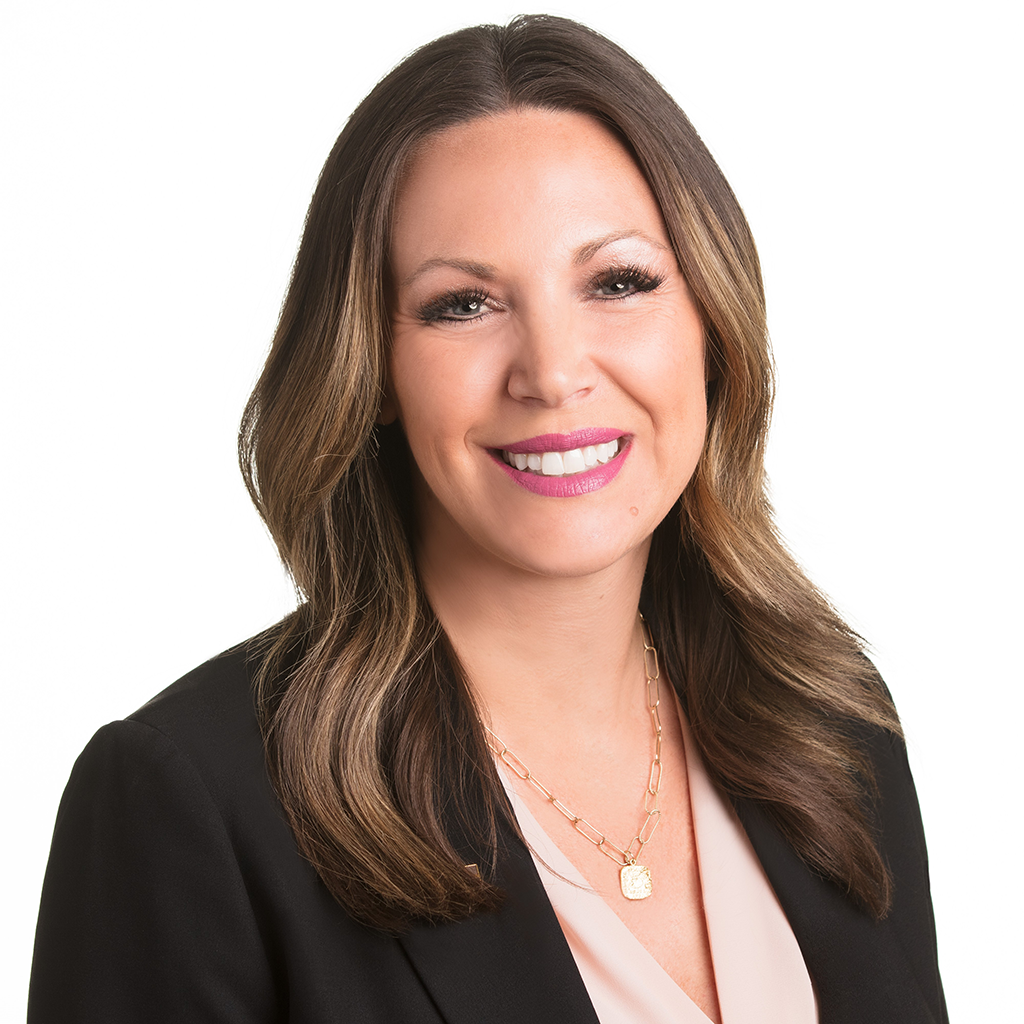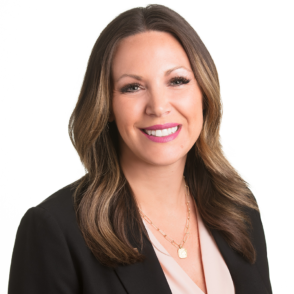A legal battle being referred to as the “Utah cookie wars” has drawn multiple bakers of the classic confection into a dispute over potential intellectual property violations. In July, cookie company Crumbl — which launched in Logan, Utah, in 2017 and has since expanded to 600-plus bakeries in the U.S. — filed infringement lawsuits against competitors Crave and Dirty Dough, alleging both cookie-makers copied their packaging.
Featured Solutions
“Making cookies is not rocket science, so I can see where Dirty Dough is saying that anyone should be able to make cookies,” said Lana Dennis, Underwriter, Commercial Insurance, Burns & Wilcox, Salt Lake City, Utah. “However, I can also understand Crumbl being upset about a former employee who worked there allegedly taking their ideas, which would not be OK.”
Lawsuits over intellectual property are not typically covered on a company’s Commercial General Liability (CGL) Insurance, which could leave companies uninsured for these types of losses if a court rules against them, said Amber Carver, Vice President, Associate Managing Director, Underwriter, Burns & Wilcox, Salt Lake City, Utah.
“Oftentimes the defense is covered, which is important because that can add up to hundreds of thousands of dollars,” Carver said. “The coverage is not necessarily going to be there for the damages on the CGL Insurance policy, though.”
‘Huge detrimental consequences’ possible if trade secrets leaked
Intellectual property cases in the U.S. increased “dramatically” between 1996 to 2018, the Administrative Office of the U.S. Courts reported in 2020. California, New York and Texas accounted for the highest number of intellectual property filings during that time. Intellectual property infringement cases were also rising in Canada as of 2020, Canadian Lawyer reported at the time. According to a 2021 report from legal analytics firm Lex Machina, trade secret case volume has been steady since about 2017, with a majority of cases being resolved by settlement or on procedural grounds.
Companies that have had trade secrets stolen can face serious financial fallout, according to Carver. “There can be huge detrimental consequences from that,” she said. “The damages can be catastrophic.”
Even a similar logo could lead customers to mistakenly purchase a competitor’s product, Carver said. “The consumer might misinterpret the similar logo and think they recognize the original brand,” she said.

There can be huge detrimental consequences from [intellectual property infringement]. The damages can be catastrophic.
Given today’s rising costs across the board, companies faced with intellectual property infringement — or allegations that they have committed an intellectual property violation — will also see higher expenses, Dennis said.
“There are definitely more claims happening and the legal costs are higher, just like everything else,” she said. “Not only should they look at their CGL Insurance policy, but Excess Liability Insurance policies are really important as well since they can help provide extra limits. It used to be that companies were not usually hitting their excess limits in a lawsuit, but that is not the case anymore.”
For a cookie company, CGL Insurance is more often associated with coverage for products and completed services, “which would be the cookies,” Dennis said, “or, if someone got sick or someone slipped and fell on the premises, there could be coverage for that.” However, CGL Insurance policies could also include coverage for “personal and advertising injury,” which is a portion of the policy that could pay for legal defense and judgment in the event of a claim with allegations such as libel, slander, defamation, or stolen trade secrets.
“Crumbl is claiming that Dirty Dough’s advertising and packaging are too similar to their own, so that would likely fall underneath the advertising injury,” Dennis explained.
Insurance for intellectual property damages often overlooked
Years before the so-called “Utah cookie wars,” news outlets reported on a “cupcake war” between recipe blog SugarHero and Food Network, when the recipe blogger accused the network of copying a video recipe for her popular “snow globe cupcake,” ColoradoBiz Magazine reported in 2017. Her lawsuit reportedly sought $150,000 in damages for the infringement and subsequent mental distress, People reported.
Intellectual property cases in other industries have led to major settlements. In 2018, Groupon agreed to pay $57 million to IBM to settle a lawsuit that claimed it used IBM’s patented e-commerce technology without permission, Reuters reported. Earlier this year, Boston Scientific agreed to pay $85 million in addition to a previously-court-ordered $20 million to settle claims from Nevro related to spinal cord stimulation patents, MedTech Dive reported in August.
Although a company’s CGL Insurance can pay for the legal defense in an intellectual property case, another type of insurance could extend to the potential damages a court may award, Carver and Dennis noted. Intellectual Property Insurance, or a form of Professional Liability Insurance or Errors & Omissions (E&O) Insurance, can be tailored to address copyright infringement and similar situations.
“That could respond for the damages, but most companies do not get that type of coverage,” Carver said. “Some companies certainly do, but by and large, your run-of-the-mill mom-and-pop shops would not buy that.”

This type of lawsuit could help business owners think outside of the box and expand their coverage, because there is definitely an exposure for your recipes and your trade secrets, and we have products that will cover that. It is just not on a typical CGL Insurance policy.
Many businesses are vulnerable to allegations related to intellectual property and business owners may not realize their CGL Insurance would not be enough to cover potential settlements. These owners should “absolutely” ask their insurance broker for guidance, especially as society becomes more litigious and the risk of being sued grows, Carver said.
“There is a need for this coverage,” said Carver, noting that “every policy is different” and the options should be reviewed with a knowledgeable insurance broker. “They should ask a broker about it because it is a coverage gap that is not addressed by the CGL Insurance policy.”
Business owners might not be aware of the risk, Dennis agreed, and they may assume “trade secrets” only apply to Wall Street. “Anytime a business has a certain way of marketing themselves, they want to protect those,” she said, and media coverage on situations like the claims made by Crumbl could help bring these risks to light. “This type of lawsuit could help business owners think outside of the box and expand their coverage, because there is definitely an exposure for your recipes and your trade secrets, and we have products that will cover that. It is just not on a typical CGL Insurance policy.”
Preparing for the unexpected
If a company is ordered to remove its products from store shelves due to intellectual property infringement, the expense of doing so could be significant, Dennis pointed out. Business owners should ask their insurance broker about Product Recall Insurance, which could cover this cost and other expenses.
“If they had products out on the shelf, they could have to pull all that product off and make changes,” she said. “The cost of pulling it back could come back to the company and that could be a huge expense. If you are creating a product, consider a Product Recall Insurance policy. Without it, that could be thousands upon thousands of dollars out of your pocket. That could bankrupt a company.”

I am a proponent of Excess Liability Insurance coverage no matter what line of business we are insuring. Oftentimes, we are seeing losses pay out maximum limits.
Cyber and Privacy Liability Insurance is also important, as data breaches could put company data and trade secrets at risk. These policies, along with Excess Liability Insurance, should be discussed early on when starting a new business.
“I am a proponent of Excess Liability Insurance coverage no matter what line of business we are insuring,” Carver said. “Oftentimes, we are seeing losses pay out maximum limits. There is potential for huge, catastrophic payouts. I would always encourage talking to clients about the limits they need to cover their assets.”
To help reduce the risk of being sued or facing an infringement themselves, companies should consult with an attorney on their contracts and ensure that employee handbooks address proprietary information. “Any employer should have an employee handbook that includes what is acceptable and what is not within the workplace,” Carver said. “It should address that anything that is proprietary to the company stays proprietary.”

We cannot necessarily decrease the risk of being sued because of the times we live in, but more than worry about being sued, just be covered properly.
Unfortunately, not all lawsuits can be avoided, and it is important to have the right insurance policies in place before an incident or allegation occurs.
“We cannot necessarily decrease the risk of being sued because of the times we live in, but more than worry about being sued, just be covered properly,” Dennis emphasized. “It is very important to take out a CGL Insurance policy but if you do start a company and you have new ideas, new technology or new products, you should look at getting a policy that would cover your intellectual property so that in the event something happens, you have coverage for it. Anytime you start up a company, you want to look at all angles





